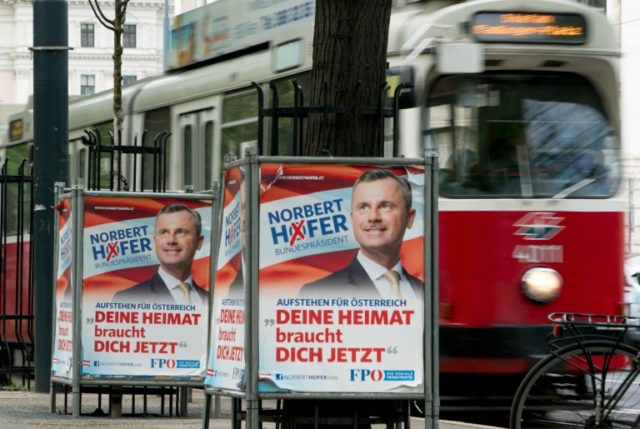The Organisation for Security and Co-Operation in Europe (OSCE) have announced they will send election observers to the rerun of the Austrian presidential election.
The OSCE Director for Democratic Institutions and Human Rights, Michael Georg Link announced that the organisation would be sending members of its election monitoring staff to Austria. The move comes on the news that the presidential elections that were held in May are to be held again due to a large number of discrepancies in the vote.
“We are already in contact with Austria and are preparing a monitoring mission,” Mr. Link said Friday at an event of the Körber Foundation in Warsaw reports Spiegel Online.
The Austrian Constitutional Court made their decision to hold a repeat of the May 22nd Austrian presidential election on Friday after complaints were lodged by the anti mass-migration Freedom Party of Austria (FPOe) whose candidate for the presidency, Norbert Hofer, lost to former Green Party leader Alexander Van der Bellen by a mere 30,000 votes.
President of the constitutional court Gerhart Holzinger said during his announcement that neither side could claim any sort of victory as a result of the court’s ruling but rather it would show the people that the rule of law was supreme and would be upheld.
The OSCE has a long history of observing elections across Europe, founded in 1975 it has become the worlds largest intergovernmental organisation on the subject of security issues. The organisation, which is based in the Austrian capital of Vienna, has a mandate dedicated to issues from arms smuggling to promotion of freedom of the press and free and transparent elections.
The recent events in Crimea and across the Ukraine in the past few years have raised the prominence of the group as they have been on the ground in the region since the Russian annexation of the Crimean peninsula. While the OSCE has shown no favouritism toward the Russians, they have also been deeply critical of the current Ukrainian government in matters of censorship of the press.
Last year after after Ukrainian President Petro Poroshenko signed a law that heavily censored what Ukrainians could say about the history of the Second World War the organization said, “broadly and vaguely defined language that restricts individuals from expressing views on past events and people, could easily lead to suppression of political, provocative and critical speech, especially in the media.”
Austrian Interior Minister Wolfgang Sobotka and Foreign Minister Sebastian Kurz both come out in favour of the OSCE announcement with Sobotka calling the handling of the election postal votes an “embarrassment” to Austrian democracy. The pair of ministers said they wanted OSCE observers in every district that recorded the irregularities that led to the annulment of the vote.

COMMENTS
Please let us know if you're having issues with commenting.